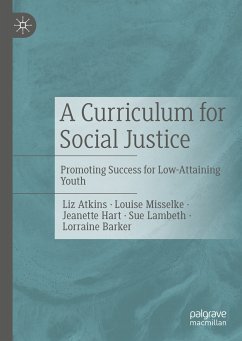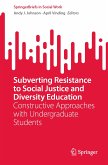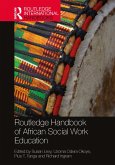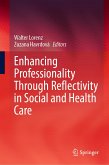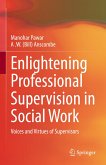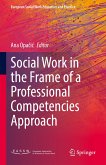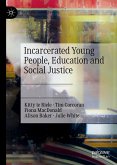Liz Atkins is Professor of Vocational Education and Social Justice at University of Derby, UK. She taught for many years in further education and has published extensively on issues associated with low attainment, social justice, and qualitative research.
Lorraine Barker is a senior leader at Guernsey College. She has worked in vocational education for over 30 years. Her current role involves developing quality and curriculum.
Jeanette Hart is the Vice Principal of Guernsey College. Jeanette has worked in further education for over 30 years in a variety of job roles but began her career in further education teaching in beauty therapy.
Sue Lambeth has worked in education and further education for 20 years. She worked in a variety of roles in England prior to joining the team in Guernsey where she had responsibility for the level 1 project.
Louise Misselke has been the Principal of the College in Guernsey for seven years, having worked in further education for 25 years. She is also Executive Director of The Guernsey Institute and has recently completed a part time Doctor of Education.
Dieser Download kann aus rechtlichen Gründen nur mit Rechnungsadresse in A, B, BG, CY, CZ, D, DK, EW, E, FIN, F, GR, HR, H, IRL, I, LT, L, LR, M, NL, PL, P, R, S, SLO, SK ausgeliefert werden.

